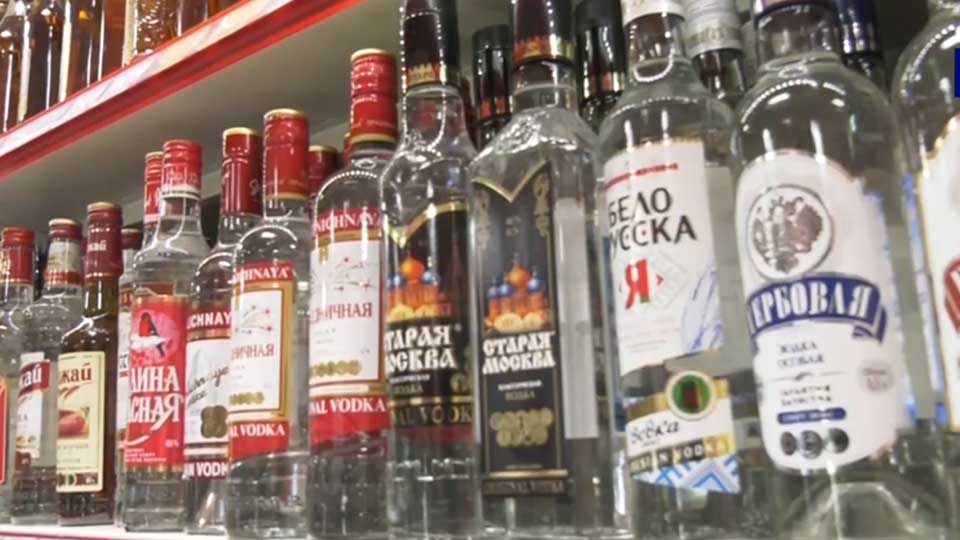Prime Minister Kishida Fumio announced the sanctions earlier this month, citing "the appalling atrocities committed by Russian armed forces." This followed the discovery of hundreds of civilian bodies in suburbs of Kyiv after Russian troops withdrew from the area.
The phasing out of coal imports marks a shift in Tokyo's sanctions policy toward Russia, which until now had stayed away from natural resources.
The government had been wary of how such a measure could affect Japan's energy security and economy. The country is heavily reliant on foreign imports of gas, coal, and natural gas.
According to Finance Ministry data, coal from Russia accounted for 11 percent of Japan's imports in 2021. Much of this was used by electric power companies, which rely on coal for power generation, and steel manufacturers.

"In order to avoid tight supply and demand in the summer and winter, we will increase our usage of other energy sources, including renewables and nuclear energy," Kishida told reporters.
Government officials also say they will call on Indonesia and other coal producers to increase exports.
Import ban
The government also introduced an import ban on 38 Russian products, which went into effect on April 19.
The items include alcoholic beverages, such as vodka, beer, and wine, and timber-related goods. Cars, motorbikes and related parts and electric machinery are also included on the list.
Trade ministry officials say this ban will have only a limited effect on domestic industries, as similar products can be acquired through alternative routes.

Restricting new investment
The measure also effectively bans new investment in Russia. Starting on May 12, Japanese investors will need government approval to purchase a greater than 10 percent stake in Russian companies, or to provide loans to Russian businesses or organizations.
Additional asset freezes
The government also announced it froze the assets of nearly 400 people on April 19. They include Russian lawmakers, President Vladimir Putin's two adult daughters, and people with links to the military.
Russia's largest and fourth-largest financial institutions, Sberbank and Alfa Bank respectively, have also had their assets frozen, along with 26 state-owned firms and organizations with links to the military.

Putin: Economic blitzkrieg unsuccessful
These measures are in line with the latest round of sanctions by Western countries on Russia, which Putin says are not affecting his country.
"Such policy with respect to Russia has failed," he said in a video conference on April 18. "The strategy of economic blitzkrieg proved unsuccessful. Sanctions scored in the goal of the initiators. I mean rising inflation, unemployment, and worsening of the economic dynamic in the United States and Europe."

But Japan's Foreign Minister says Russia will eventually feel the pain.
"It will take some time for the economic sanctions to take effect," Hayashi Yoshimasa said at a news conference. "Russia has just started observing various effects on its economy, such as rising prices of goods, and the withdrawal and shutdown of foreign companies."

